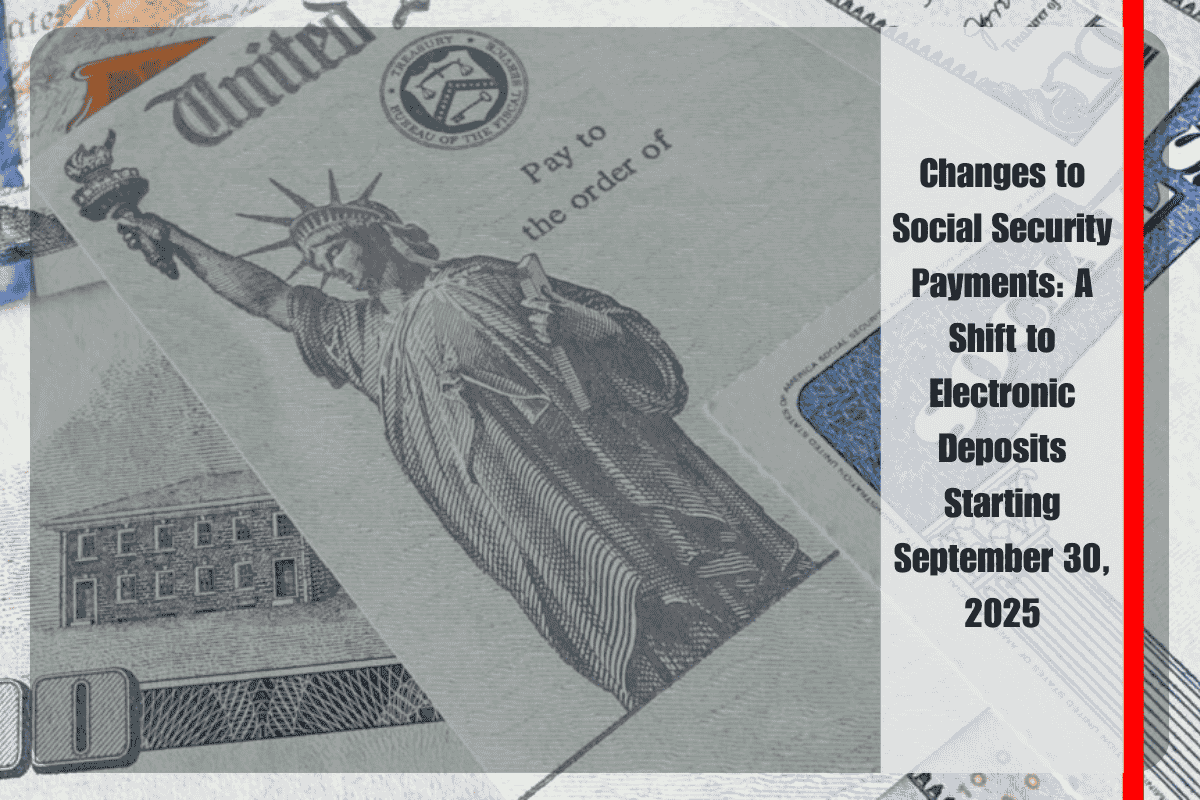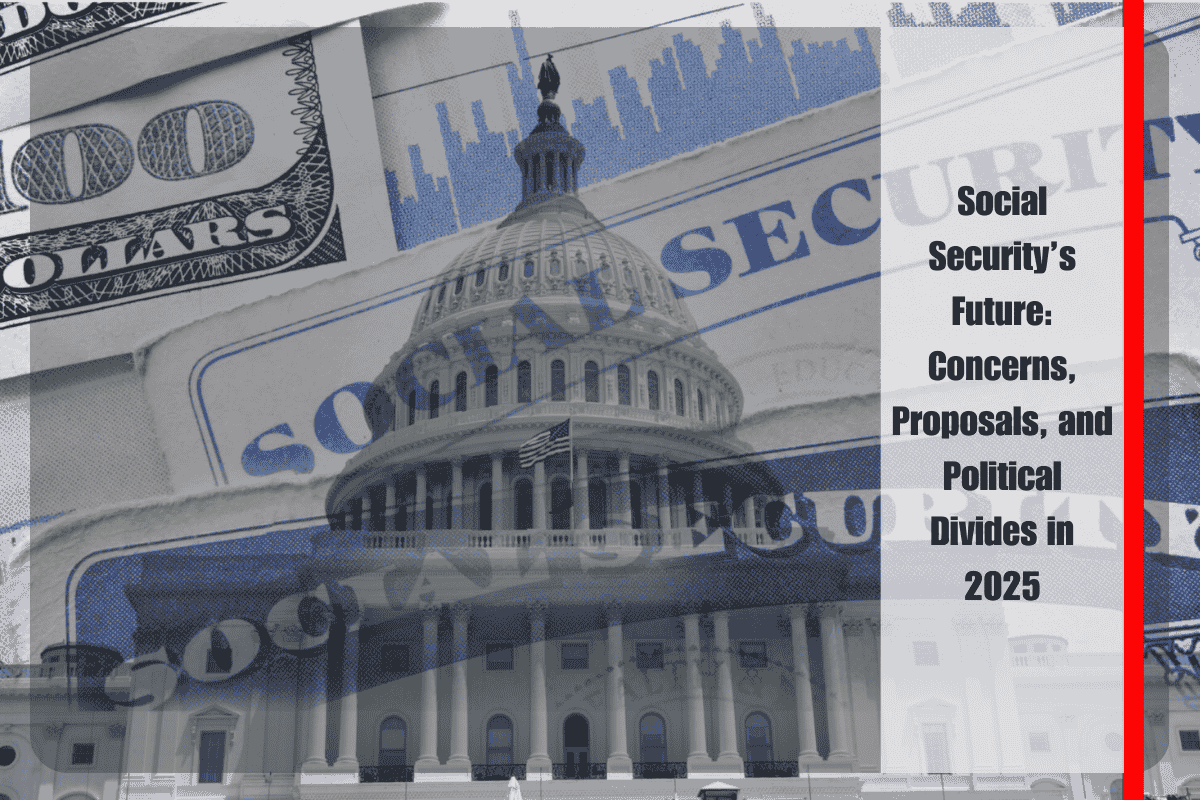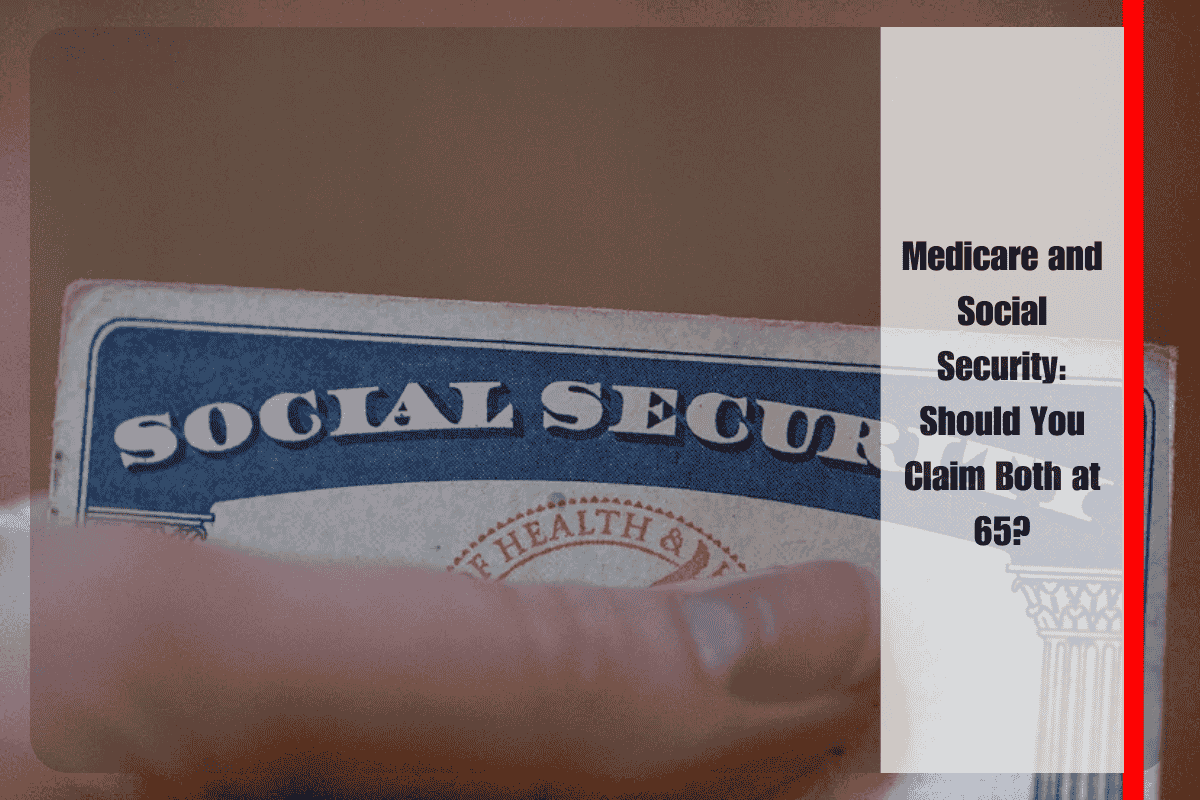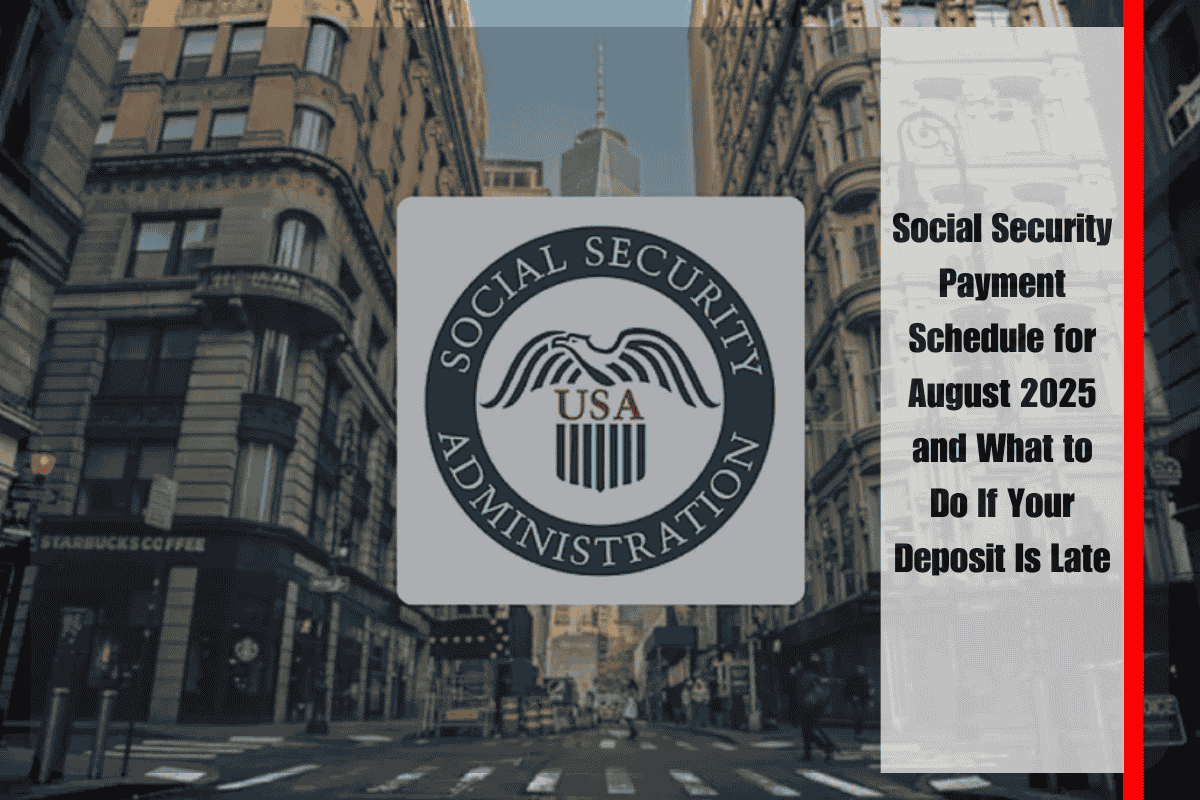Starting September 30, 2025, the Social Security Administration (SSA) will end the issuance of paper checks for monthly benefit payments. Instead, all Social Security and Supplemental Security Income (SSI) beneficiaries will receive payments electronically, either through direct deposits or Direct Express prepaid debit cards. However, certain individuals may qualify for exceptions and continue receiving paper checks, provided they meet specific eligibility criteria.
Who Is Eligible for an Exemption?
While the shift to electronic payments applies to most beneficiaries, there will be exception cases. Only individuals who are over 90 years old, have disabilities, or can demonstrate that they live in remote areas without access to necessary digital tools will be eligible for paper checks after September 30, 2025. The SSA and the U.S. Department of the Treasury have clarified that beneficiaries who wish to continue receiving paper checks must apply for an exemption before the deadline to avoid interruptions in their payments.
Why Is This Change Happening?
The transition to electronic payments comes with several important justifications from the U.S. Department of the Treasury:
- Security Concerns: Paper checks are considered a major gateway for fraud, as they can be easily stolen, lost, or altered. Electronic payments, on the other hand, are more secure, reducing the risk of fraud.
- Speed and Reliability: Electronic payments are faster and more reliable than paper checks. Paper checks can experience delays due to issues like postal delivery failures or disruptions in regular mail. Electronic payments, whether through direct deposit or Direct Express cards, bypass these issues and ensure beneficiaries receive their funds in a timely manner.
- Cost Savings: The shift is also part of the government’s effort to reduce administrative costs. Each paper check currently costs the SSA 50 cents to process, whereas each electronic payment costs just 15 cents, resulting in significant savings for the administration.
What Are Your Options?
Beneficiaries who have been receiving paper checks and want to transition to electronic payments must act before the September 30, 2025 deadline to ensure they don’t experience any interruptions in their monthly payments. Here are the steps to switch:
- Direct Deposit: Contact your bank to set up direct deposit for Social Security payments.
- Direct Express Card: You can also opt for a Direct Express prepaid debit card to receive payments. This card works much like a debit card and can be used to make purchases or withdraw cash.
- Update Payment Details: Beneficiaries can update their payment preferences through their mySocialSecurity account on the SSA website.
- Exemption Applications: If you are eligible for an exemption, you must apply proactively. Contact the SSA or use the Electronic Payment Solution line at 1-855-290-1545 for guidance. You may also print and send the official form if required.
What to Do If You Need Help
The SSA has made it clear that anyone who doesn’t have access to electronic payment methods or falls under the exception criteria can continue receiving paper checks if they prove eligibility. To request an exemption, affected beneficiaries should:
- Contact the Treasury’s Electronic Payment Solution line at 1-855-290-1545.
- Submit the necessary documentation to prove eligibility for the exemption.
The move to electronic payments is a significant shift for Social Security beneficiaries, but it’s one that is driven by security, speed, cost-efficiency, and a desire to improve the overall reliability of payments. While most people will be required to make the switch to electronic payments, those who qualify for exceptions should act promptly to avoid any disruptions to their benefits. Make sure to stay ahead of the deadline and contact the SSA or Treasury’s line for guidance on how to ensure you receive your payments seamlessly after September 30, 2025.












